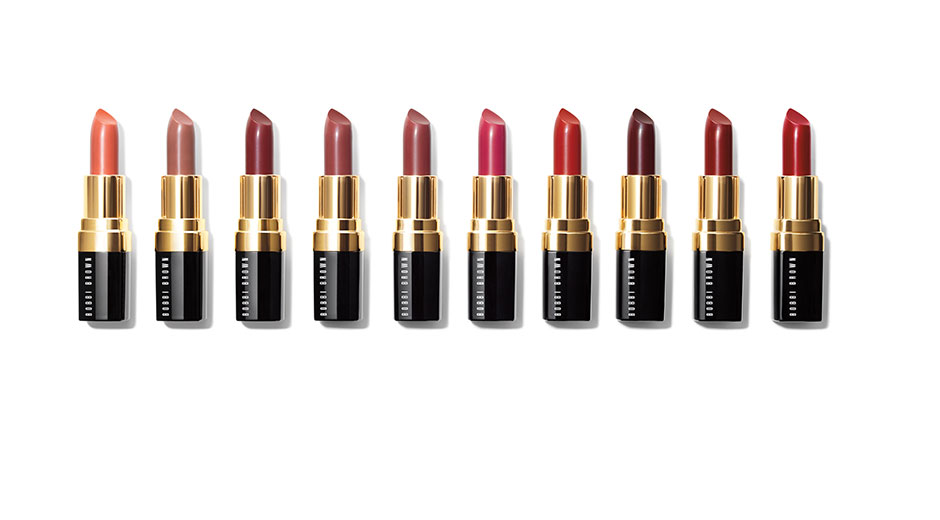
Why Do I Have Crusty Scabs on My Scalp
Discovering crusty scabs on your scalp can be concerning and uncomfortable, leaving you wondering what could be causing this mysterious condition. While crusty scabs on the scalp may be a result of various factors, ranging from skin conditions to external irritants, understanding the potential causes can help you identify the underlying issue and find relief. Let’s explore the possible reasons behind why you may have crusty scabs on your scalp and discuss ways to address this common scalp concern.
The Culprits Behind Crusty Scabs
One of the primary reasons for crusty scabs on the scalp is the presence of underlying scalp conditions. Conditions like seborrheic dermatitis, scalp psoriasis, and scalp eczema can cause redness, inflammation, and flaking of the scalp, leading to the formation of crusty scabs. These conditions are often characterized by symptoms such as itching, burning, and tenderness, which can exacerbate the formation of scabs and make the scalp uncomfortable.
A Vicious Cycle
Frequent scratching or picking at the scalp can also contribute to the formation of crusty scabs. Scratching can damage the delicate skin on the scalp, leading to small cuts or abrasions that may become infected and form scabs as they heal. Additionally, scratching can exacerbate underlying scalp conditions, such as dandruff or seborrheic dermatitis, leading to increased inflammation and flaking.
Sensitivity to Hair Products
Another possible cause of crusty scabs on the scalp is allergic reactions to hair care products or other external irritants. Ingredients commonly found in hair care products, such as fragrances, preservatives, and dyes, can trigger allergic reactions in sensitive individuals, leading to redness, itching, and the formation of scabs. Additionally, certain hair styling practices, such as using harsh chemicals or heat styling tools, can irritate the scalp and contribute to scab formation.
Underlying Concerns
Bacterial or fungal infections of the scalp can also cause crusty scabs to develop. Conditions like folliculitis, a bacterial infection of the hair follicles, or tinea capitis, a fungal infection commonly known as ringworm, can lead to redness, inflammation, and the formation of scabs on the scalp. These infections are often accompanied by symptoms such as itching, burning, and tenderness, and may require medical treatment to resolve.
Moisture Matters
Dry scalp, characterized by a lack of moisture in the skin on the scalp, can lead to flaking, itching, and the formation of crusty scabs. Factors such as cold weather, harsh hair care products, and frequent shampooing can strip the scalp of its natural oils, leading to dryness and irritation. Additionally, underlying conditions such as eczema or psoriasis can contribute to dry scalp symptoms and exacerbate scab formation.
The Hormone Rollercoaster
Hormonal changes, such as those experienced during puberty, pregnancy, or menopause, can affect the health and balance of the scalp, leading to symptoms like itching, flaking, and scab formation. Fluctuations in hormone levels can alter oil production in the skin, leading to dryness or increased sebum production, both of which can contribute to scalp issues. Additionally, hormonal imbalances may exacerbate underlying scalp conditions, making scab formation more likely.
When to Consult a Specialist
If you’re experiencing persistent or severe scalp issues, including crusty scabs, it’s essential to seek medical advice from a dermatologist or healthcare provider. A professional can assess your scalp condition, perform diagnostic tests if necessary, and recommend appropriate treatment options to address the underlying cause of your symptoms. Whether it’s topical medications, oral medications, or lifestyle changes, a dermatologist can help you find relief and restore the health of your scalp.
Understanding and Addressing Crusty Scabs on the Scalp
In conclusion, crusty scabs on the scalp can be a distressing and uncomfortable condition, but understanding the potential causes can help you identify the underlying issue and find effective solutions. Whether it’s scalp conditions, scratching and irritation, allergic reactions, infections, dry scalp, hormonal changes, or other factors, there are steps you can take to address crusty scabs and promote scalp health. By seeking professional help, practicing proper scalp hygiene, using gentle hair care products, and avoiding irritants, you can alleviate symptoms and restore the health and comfort of your scalp.


